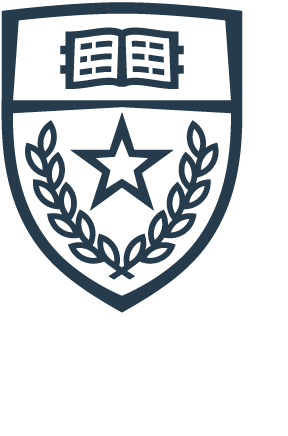Submitted by Rohan Ramchand on
“28 + 7? Let’s see, 29, 30, 31…”
The problem wasn’t simple for high schoolers, I guess. The student, a sophomore at Garza High School in Austin, had to factor a quadratic. As her tutor, I was told to give her hints to move her along, but I couldn’t give her the answer directly. So I taught her a trick I had learned a while ago to factor quadratics, something like this. It involves splitting the first and third term into factors that cross-multiply to become the second term, and at least for me it simplified solving quadratics greatly. I was happy when she understood what I meant, but when I asked her to do the cross multiplication, she balked and started counting with her fingers.
She understood the quadratic formula, a fairly complicated algorithm, perfectly, but couldn’t add 28 to 7 without using her fingers.
I was stunned. My parents, an MBA and a Ph.D. in finance, spent hours drilling everything from basic arithmetic to advanced algebra into my head in elementary and middle school. In fact, I learned the trick above while walking at night around the neighborhood with my mother in 5th grade. I had years of Kumon, the benefits of an incredibly accelerated math curriculum, and a set of (mostly) fantastic teachers to guide me along, so it came as no surprise when I decided to become a math major. So to hear a high-schooler need to count on her fingers to add 28 and 7 caught me off-guard, not just because it illustrated some fundamentally deep problems with the American system of mathematical education, but because it illustrated to me just how elitist I had been about my intellectual environment.
For a little bit after that, and on the drive home from Garza, I couldn’t stop thinking about this. I’d always heard people talk about what a powerful experience it was to help the underprivileged, and I had always dismissed it as something people said to make themselves feel better about the often-trivial amount of community service they had performed. Today, though, when I walked into the front office of Garza and saw a sign helping people who were growing out of foster care to adjust to a new life, it struck me that problems of that nature—problems of such fundamental importance that it made everything I had ever worried about seem worse than trivial, problems like just finding housing for the school year—were very, very real, and moreover that I was suddenly immersed in an environment where those problems ran rampant. I suddenly felt the need that so many people before me have felt—to change something, to make something better, to make themselves a force for good.
I can’t change the American education system. What I can do, and what I now feel is required of myself to do, is to use my upbringing—the advantage I hold in having a stable family, well-educated parents, and a history of strong education—as something other than just fodder for my ego, but as a tool to help those who didn’t come from the same background enjoy the same opportunities I have. All of us in the CS department are incredibly lucky to be here, at a top-10 program at one of the finest universities in the country, and I think we should do everything we can to help those who want to get here.
So go out and do a little research (more than likely, outside the GDC—keep an eye out for volunteering opportunities in the billions of emails we get a day) and find something that sparks your interest. I’ve made a case here for tutoring, because I find it incredibly rewarding, but if your thing is making sandwiches for the poor, or building houses for disaster victims, or organizing charity concerts for good causes, just do it. (In fact, check out the Longhorn Center for Civic Engagement —they have some cool projects anyone can do.) And hopefully, if we all do something small, we can create a society where our upbringing never hinders us, but enables us—all of us—to do amazing things.







